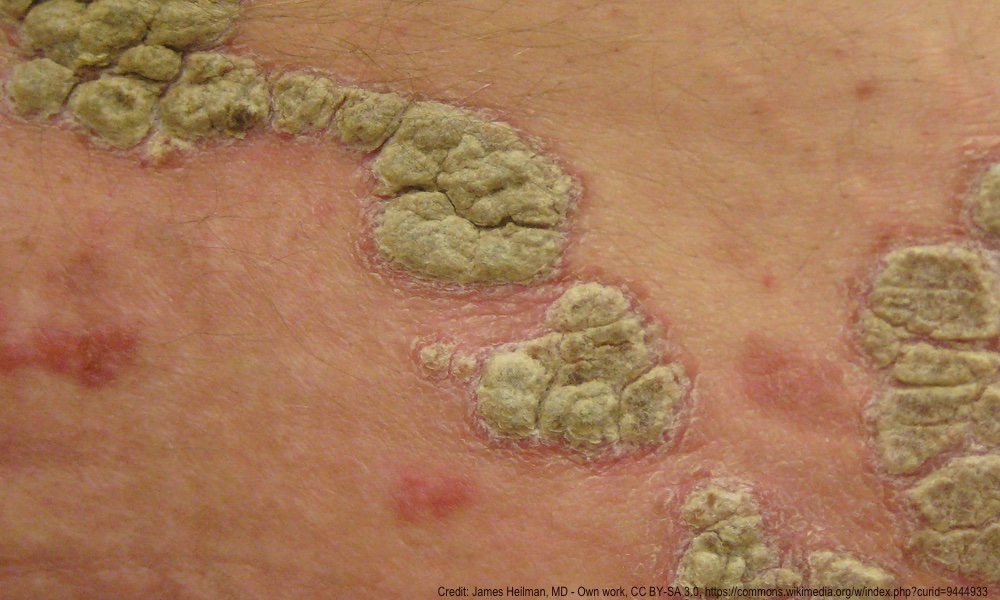Ultra-processed foods are believed to contribute to inflammation in the body, fueling the development of diseases such as type 2 diabetes, certain cancers, cardiovascular disease and inflammatory bowel disease.
And now a study has found a link between consuming ultra-processed foods and the inflammatory autoimmune skin condition, psoriasis.
Researchers analyzed data collected over a six-month period from more than 18,500 people enrolled in NutriNet-Santé, an ongoing French study. Participants filled out online questionnaires about their diet and lifestyle habits, physical activity levels and health status yearly, beginning at study enrollment. They also completed three nonconsecutive 24-hour food diaries twice a year, starting at enrollment.
Every month people in the study were invited to answer optional questionnaires about their health status, including a questionnaire about the diagnosis, severity and treatment of psoriasis.People with active psoriasis were more likely than those who had never had psoriasis to have cardiovascular disease, diabetes, inflammatory bowel disease and inflammatory rheumatism.
Participants were grouped into three categories: those who never had psoriasis; those whose psoriatic condition was currently inactive; and those whose psoriasis was currently active. More than 1,800 of the participants reported they had psoriasis; over 800 said their psoriasis was currently active.
The study group was also divided into another set of categories based on the amount of ultra-processed food they ate. Those who ate few ultra-processed foods; those who ate these foods in moderation; and those who ate the most ultra-processed foods.
The French researchers found a strong connection between a diet high in ultra-processed foods and active psoriasis, even after adjusting for age, alcohol consumption, body mass index and comorbidities including cancer, depression, cardiovascular disease, diabetes, high triglycerides, inflammatory bowel disease and rheumatoid arthritis.
People who had active psoriasis also were more likely than those who had never had psoriasis to have cardiovascular disease (seven percent versus five percent), diabetes (six percent versus four percent), inflammatory bowel disease (two percent versus one percent) and inflammatory rheumatism (nine percent versus three percent).
Those with active psoriasis were more likely to be women and have a body mass index of over 30 than the group that had never had psoriasis or the inactive group. They were less likely to engage in high intensity exercise.
There are several types of psoriasis and genetics appear to contribute to many of them. This work did not address those factors. It was focused on the association between diet and outbreaks of psoriasis. Though the research shows that the study population ate a healthier diet than the general French population, the authors acknowledge they may have underestimated the strength of the association between ultra-processed foods and psoriasis. In addition, cases of psoriasis were self-reported, which could have led to misclassification of the condition.
The research letter is published in JAMA Dermatology.





